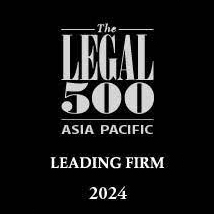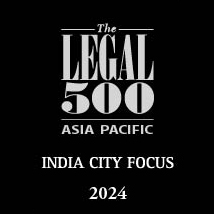
GREENWASHING GUIDELINES
INTRODUCTION
The Guidelines for Prevention and Regulation of Greenwashing or Misleading Environmental Claims, 2024 (“Greenwashing Guidelines”) issued by the Central Consumer Protection Authority (“CCPA”), an authority established under the Consumer Protection Act, 2019 (“CPA, 2019”) represents a significant legal framework aimed at curbing deceptive environmental marketing practices. The Greenwashing Guidelines build upon the earlier guidelines for Prevention of Misleading Advertisements and Endorsements for Misleading Advertisements, 2022. The Greenwashing Guidelines are designed to protect consumers from misleading claims that suggest products or services are environmentally friendly when they may not be.
IMPORTANT DEFINITIONS
The Greenwashing Guidelines define key terms such as "greenwashing," which encompasses deceptive practices that exaggerate or obscure the environmental benefits of products, and "environmental claims," which refer to representations about a product's eco-friendliness. The scope of these Greenwashing Guidelines is broad, applying to all manufacturers, service providers, advertisers, and endorsers involved in making environmental claims.
SALIENT FEATURES OF THE GUIDELINES
The Greenwashing Guidelines provides for the stringent requirement for substantiation of environmental claims. Advertisers must provide adequate, accurate, and accessible evidence to support any claim made about a product's environmental benefits. This includes avoiding vague terms like "eco-friendly" without proper qualifiers and ensuring that all claims are backed by verifiable data from independent studies or third-party certifications. Additionally, any advertisement making environmental claims must include clear disclosures that specify what aspects of the product or service are being claimed as environmentally beneficial. Furthermore, all disclosures in respect of environmental claims must be disclosed in the advertisements or through URL/ QR Code and comparative advertisements on environmental claims must be backed with adequate evidence.
PENALTIES FOR GREENWASHING
The Greenwashing Guidelines read along with Section 21 of the CPA, 2019 (which provides the CCPA the power to issue directions and penalties against false or misleading advertisements) plays a critical role in enforcing the Greenwashing Guidelines. The CCPA can impose penalties of up to Rs 10 lakh on manufacturers, advertisers, and endorsers for misleading advertisements. For subsequent contraventions, this penalty can be increased up to Rs 50 lakh. Additionally, the CCPA may prohibit endorsers from making any endorsements for up to one year, with potential extensions to three years for repeat offenders.
MHCO Comment: The Greenwashing Guidelines provide a robust legal framework aimed at promoting honesty in advertising related to environmental claims. They establish clear expectations for businesses regarding how they communicate their environmental impact while ensuring consumers are not misled by ambiguous or exaggerated claims. As companies adapt to these new guidelines, it will be essential for them to review their marketing strategies thoroughly to ensure compliance while genuinely contributing to environmental sustainability efforts.
This update was released on 28 Oct 2024.
The views expressed in this update are personal and should not be construed as any legal advice. Please contact us directly on +91 22 40565252 or contact@mhcolaw.com for any assistance.
Legal Update Team
MANSUKHLAL HIRALAL & COMPANY
Advocates, Solicitors and Notaries
T: +91 22 40565252
Mumbai Office: Surya Mahal, 2nd Floor, 5, Burjorji Bharucha Marg, Fort, Mumbai-400 023, India
Delhi Office: Block C-9, Lower Ground Floor, Jangpura Extension, New Delhi - 110 014, India
www.mhcolaw.com
"Noted lawyer in the Real Estate practitioner from India" - Chambers & Partners
Please consider the environment before printing this email
The information contained in this communication is intended solely for the use of the individual or entity to whom it is addressed and others authorized to receive it. This communication may contain confidential or legally privileged information. If you are not the intended recipient, any disclosure, copying, distribution or action taken relying on the contents is prohibited and may be unlawful. If you have received this communication in error, or if you or your employer does not consent to email messages of this kind, please notify the sender immediately by responding to this email and then delete it from your system. No liability is accepted for any harm that may be caused to your systems or data by this message.
Subscribe to our Knowledge Repository
If you would like to receive content directly in your inbox from our knowledge repository, please complete this subscription form.

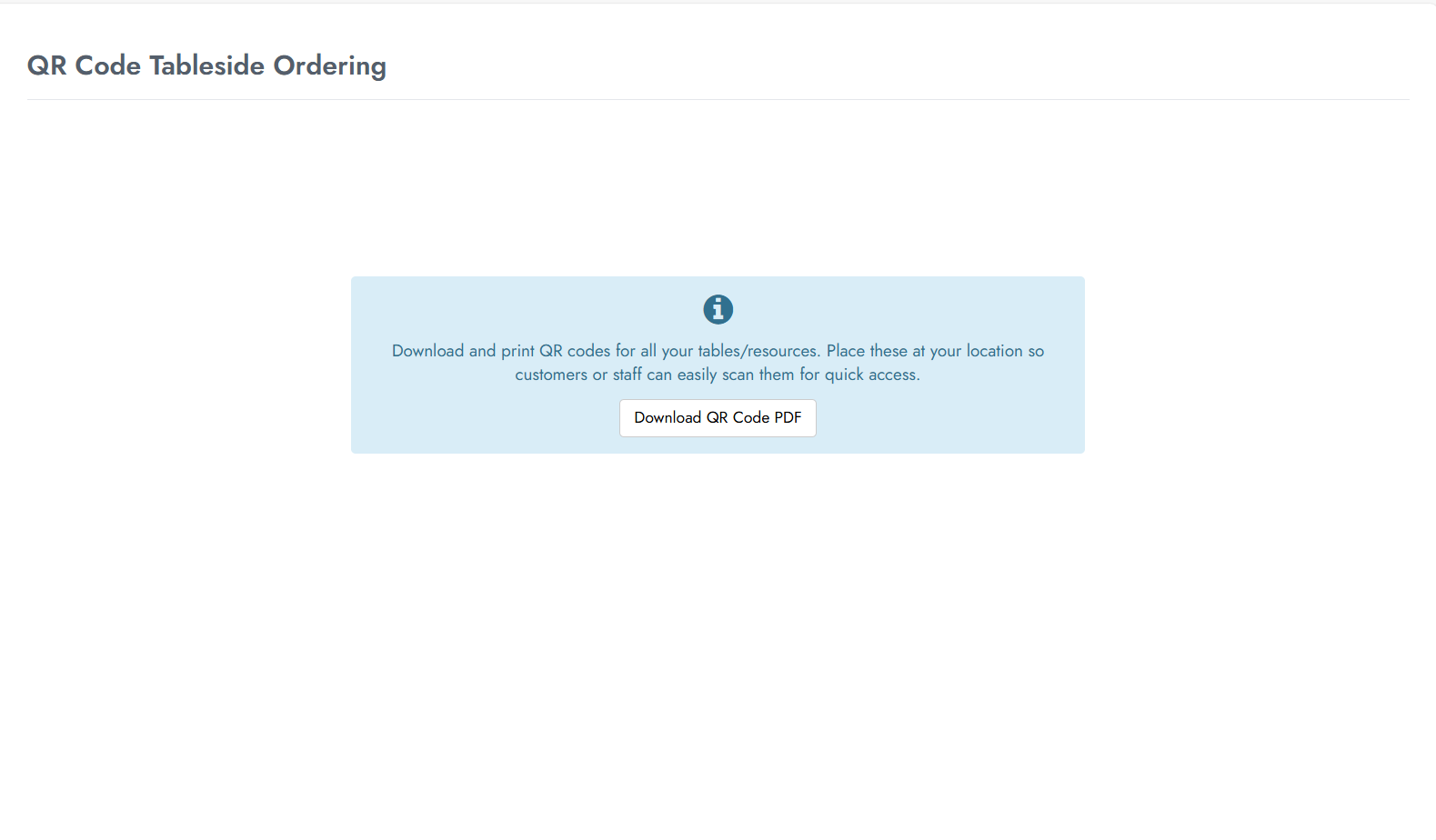





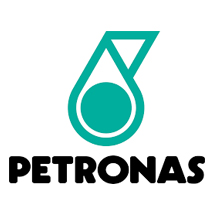










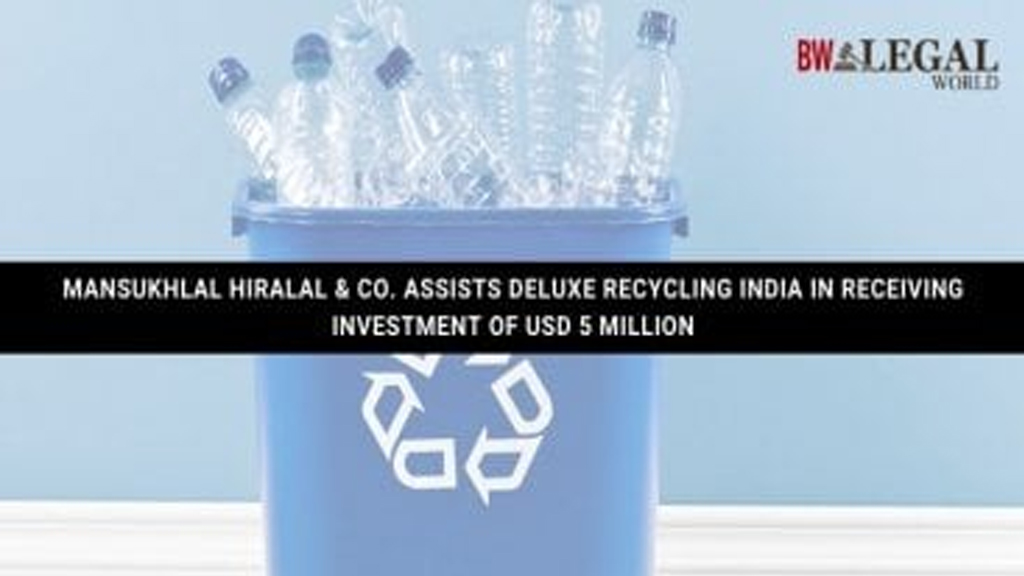


.jpg)

.jpg)

